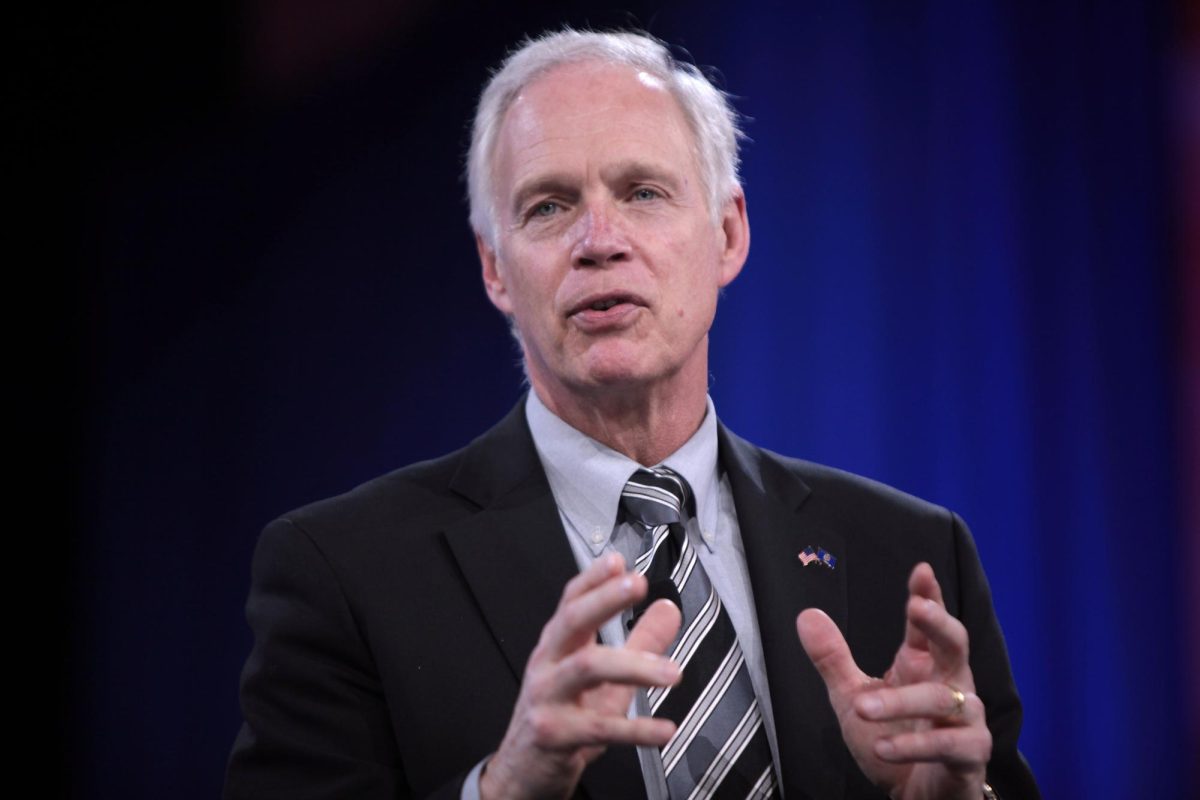GTC Dramatic Dialogues presented You. Me. We. an interactive program on racism, sexism, and LGBTQ issues on Wednesday, Nov. 29 in conjunction with the LGBTQ Resource Center, Women’s Center, Men of Color Initiative and more than 20 other University of Wisconsin Oshkosh organizations and clubs.
Director of the UWO LGBTQ Resource Center Liz Cannon said this program has been a long time coming, and after seeing them online for so long they were able to organize the event for the campus.
“I had seen them online a few times and I kept telling myself I wanna bring them, I wanna bring them, and this year I finally said yes,” Cannon said.
Cannon said this program was brought to campus because it functions differently than any other event on campus by including student involvement and conversation.
“The facilitator engages the audience in conversations on racism, sexism, homophobia and transphobia, so the whole purpose of the evening is conversation,” Cannon said. “It works by presenting two different skits of different microaggressions of homophobia, sexism, racism and so on, followed by conversation.”
Cannon said the whole purpose of the event was to engage students in a discussion about today’s climate and how it is infused with many phobias.
“We need to have these conversations on the phobias that are infused in our climate to find avenues of change and hope,” Cannon said.
The facilitator of the event, Ben, said the event was not about telling others how to react or speak, but to keep a conversation going.
“We are not here to write a prescription on how to behave, a prescription on how to speak and react,” Ben said, “My job is to get a conversation going.”
UWO sophomore Mia Wilson said she believes the conversations had were important to the campus community in that it disrupts the current dialogue.
“The narrative needs to be disrupted when somebody says something that isn’t okay,” Wilson said. “Otherwise, how will anything change? It makes me want to use my voice for things like this. I need to break out of my comfort zone, especially with those close to me.”
Wilson said she thinks the most important part of the event will be the conversations had outside of it.
“It was beneficial being there, but the dialogue needs to continue outside of the event,” Wilson said. “Asking questions and listening to people is vital. Don’t get offended when somebody else gets offended. Listen to them. Apologize, and learn from it.”








